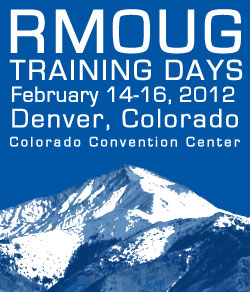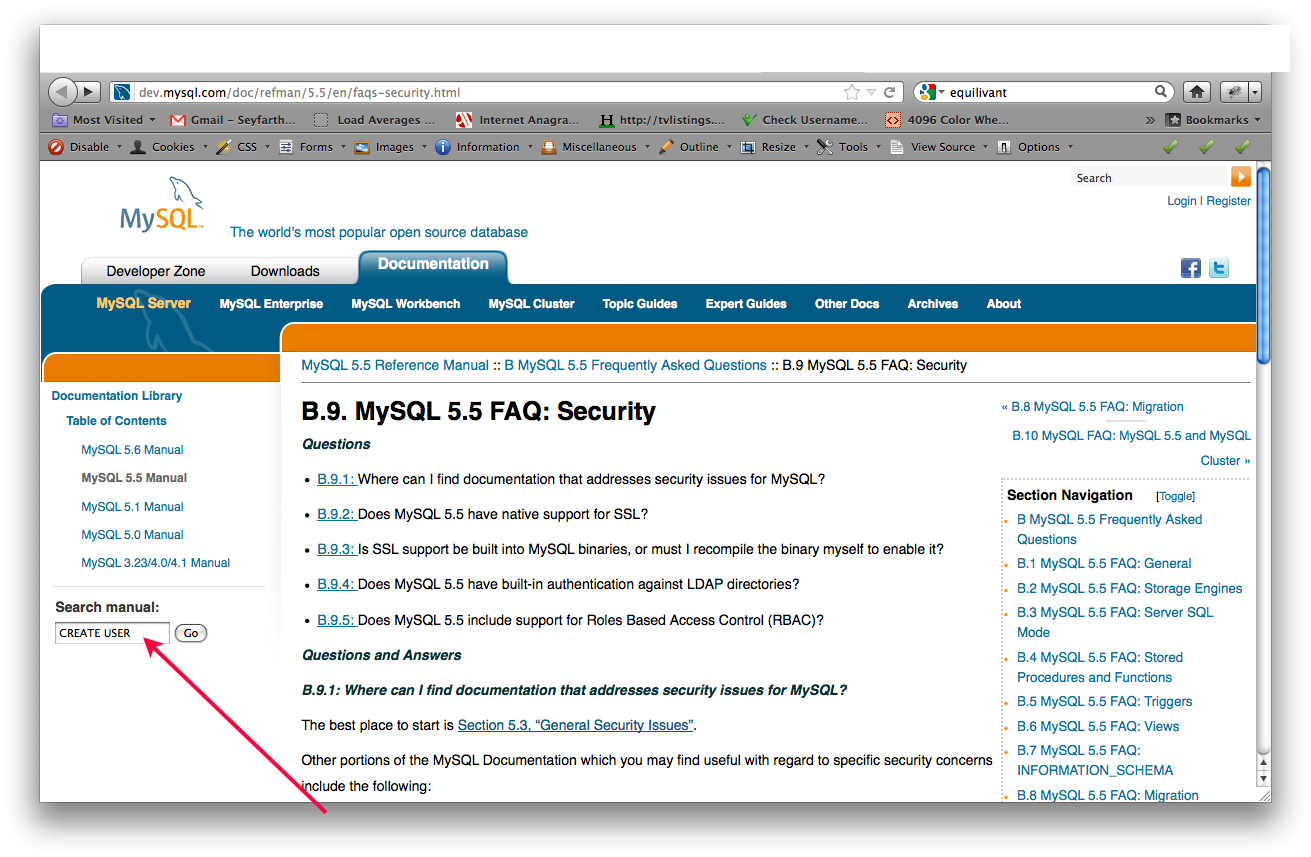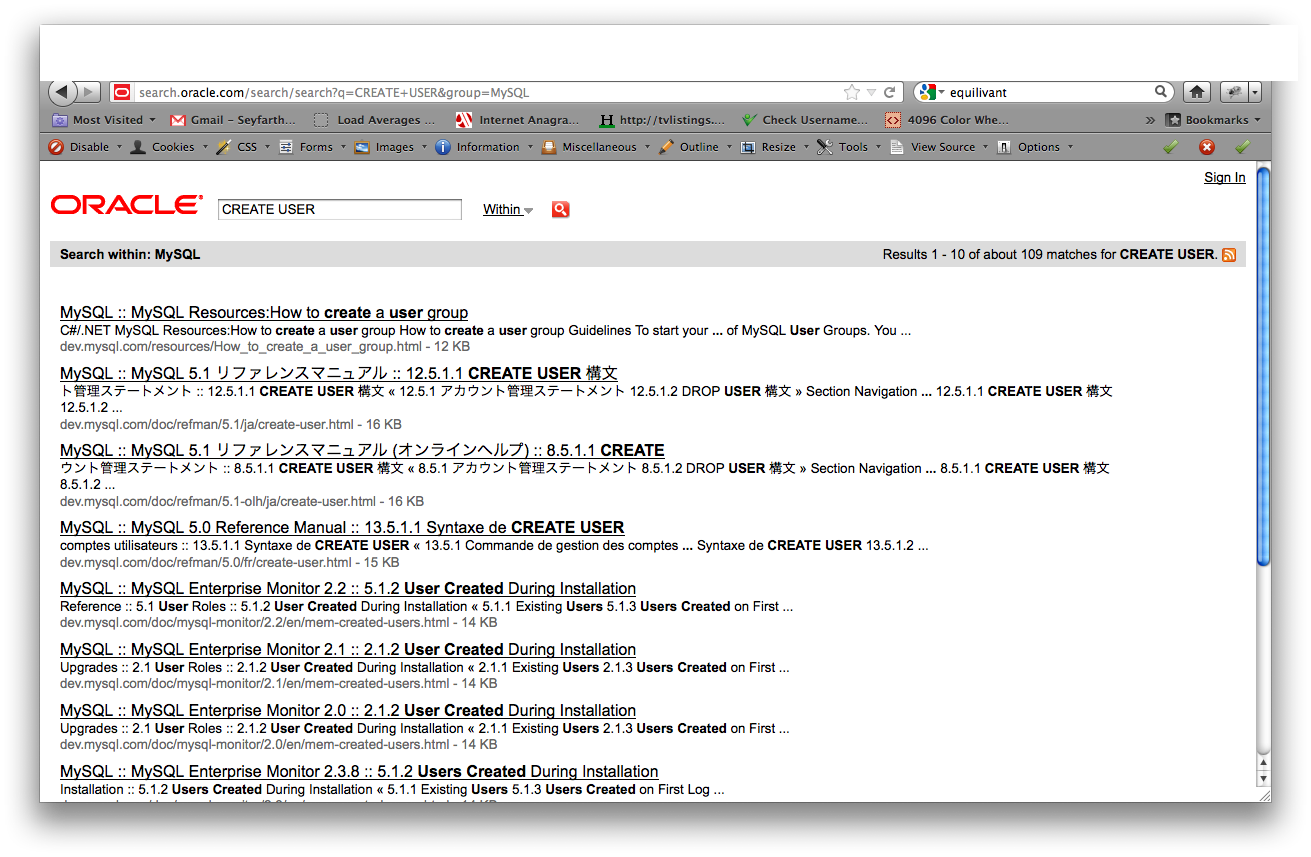 Today at the RMOUG Training Days 2012 event I gave an introduction presentation on MySQL Security Essentials covering the following topics:
Today at the RMOUG Training Days 2012 event I gave an introduction presentation on MySQL Security Essentials covering the following topics:
- MySQL Security defaults
- MySQL Security Improvements
- OS Security
- User Privileges
- Data Integrity
- Installation Practices
- Auditing Options
- Better Security
- Further References
Download slides for MySQL Security Essentials.

